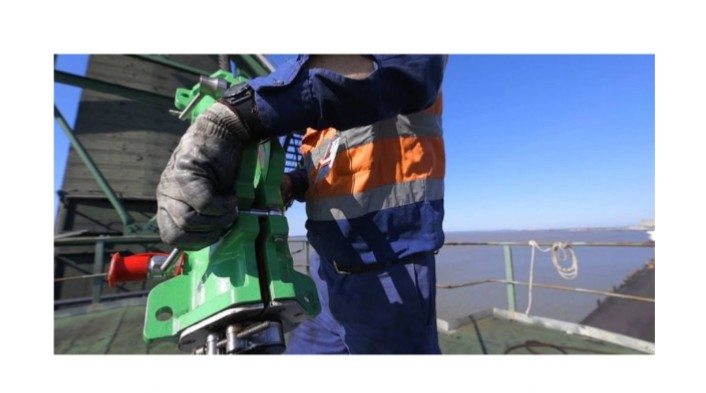Wire ropes are critical components in many types of machinery, including cranes, hoists, draglines, shovels, and cableways. Proper lubrication is vital to extend the life of wire ropes and ensure safe operation of equipment. However, with so many wire rope lubricant products on the market, how do you choose an efficient and most efficient wire rope lubricators like Viper Wrl for your specific application? Here are the key factors to consider:
Compatibility
The first consideration is compatibility – you need to select a wire rope lubricant that is suitable for your specific rope construction and the operating environment. Key factors are whether the ropes are galvanized or non-galvanized, operating temperature range, and exposure to water or other contaminants. Some lubricants chemically interact with rope coatings or accumulate grit in wet/dirty conditions, so choose carefully. Consult manufacturer specifications to match lubricants and rope constructions properly.
Lubricant Type
Common wire rope lubricant types include heavy bodied oils and greases, waxy or resin-based sticks and solids, and dry lubricants such as molybdenum disulfide. Each has advantages and disadvantages:
- Heavy lubricants provide excellent penetration and protection but collect grit and require more frequent reapplication.
- Sticks and solids tend to stay in place longer but have reduced penetration ability.
- Dry lubricants are clean and environmentally friendly but have shorter life spans.
Consider the pros and cons for your specific application requirements when choosing a lubricant type.
Reapplication Intervals
Look at the lubricant’s estimated reapplication intervals and assess whether they match your maintenance program and operational schedules. Lubricants that require very frequent reapplication may not be optimal from an efficiency and downtime perspective. Consider labor costs as well.
Environmental Factors
If machinery is exposed to dust, grit, moisture, or temperature extremes, choose wire rope lubricants engineered specifically to handle those adverse conditions. For example, look for water resistance, ability to cling in high temperatures, or dust/grit inhibitors. Match the expected environmental factors to the lubricant’s design capabilities.
Ease of Application
Consider who will apply the lubricant, where/how it will be applied, and ensure the application method matches your procedures and resources. For example, do operators need to access high reach areas? If so, a sprayable or pump-fed lubricant may work better than sticks. Can lubricators access machinery without operation shutdowns? If not, longer lasting lubricants may be preferred. Make sure lubricant viscosities work with existing automated or manual application equipment too.
Biodegradability
Particularly for machinery operating outdoors or near water, choose an environmentally friendly biodegradable wire rope lubricant. Conventional oil-based lubricants can contaminate land and water if leaks/drips occur. Synthetic or plant-based greases dissolve cleanly to avoid this issue and may be required depending on your location and applications.
Reputation of Lubricant Brand
Look at trusted industrial wire rope lubricant manufacturers with proven reputation in tough applications matching yours. Scour online reviews and talk to peers in your industry to determine which brands offer reliable performance and earn customer praise in real-world machinery environments. Don’t risk second-tier products in mission critical components.
Conclusion
By assessing your specific machinery, environment, ropes, maintenance procedures and selecting a lubricant type that fits your criteria in terms of compatibility, longevity, extreme conditions protection, ease-of-use, eco-friendliness, and manufacturer reputation – you can identify efficient wire rope lubrication products tailored for peak performance.
Consult lubricant spec sheets, get sample products to test, and talk to company reps to make sure before committing. Proper lubricant selection saves money by boosting rope life, preventing downtime, optimizing labor, and enhancing safety – so take the time upfront to find the right fit. Effective wire rope lubrication relies on matching lubricant capabilities to machinery requirements.









